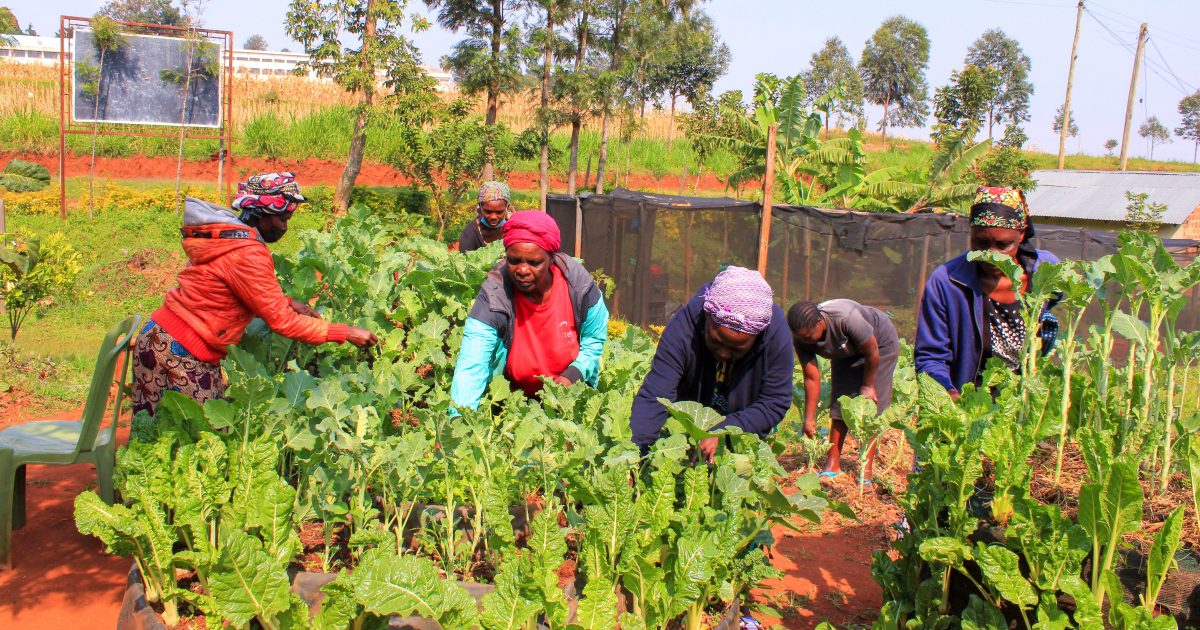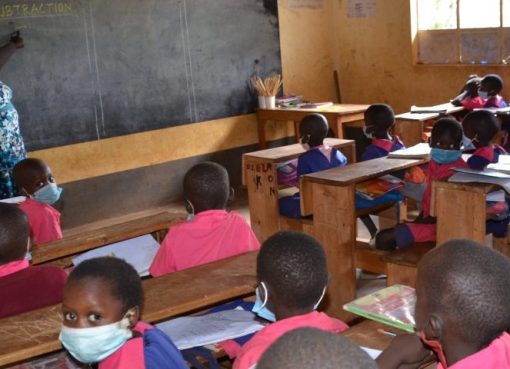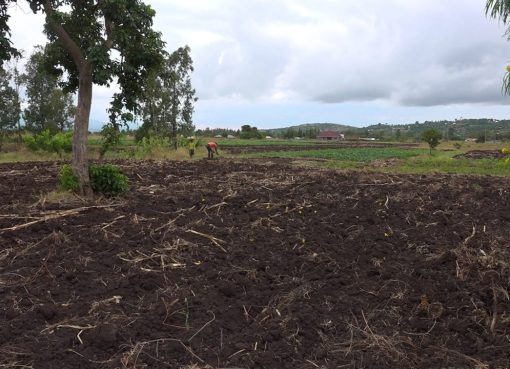Guavas Women Group (GWG) based on the outskirts of Kisii town in Kisii County has embraced organic farming with an aim of conserving the environment by reducing chemicals in the soil as it produces more vegetables to meet the high demand in the region.
The use of artificial fertilizers and pesticides would possibly contribute to an increased yield but to many small-scale farmers like the GWG, these inputs are out of reach as they require capital and risk environmental pollution.
There are increasing concerns about food safety in the country which leads to the increasing demand for organically grown food products without artificial fertilizers and pesticides for human consumption.
A report by the International Trade Center shows that production of organic food in Kenya is still relatively little but increasing fast with about 182,000 hectares of land are under organic management that accounts for 0.69 per cent of the total agricultural area in the country.
The GWG has responded to the need to increase the production of food by growing vegetables using fermented organic manure and pesticides made from herbs in their small farms.
The group secretary, Sabina Nyasuguta, notes that they contribute Sh200 per member whereby Sh100 is for table-banking that they use to give out loans to members and the remaining is for a merry-go-round that every member gets when it is their turn.
This is part of the income they get from selling four sacks of vegetables every week from one farm. Every member has her own farm many of which range between half to one-acre but they mostly use bags to grow kales (sukuma wiki), spinach, and giant nightshade (managu).
“We plant vegetables using vertical bags that have 100 holes each, cone garden that is made from a black polythene bag and it gives more vegetables than the vertical bag. Mahandara garden is circular and a farmer can plant all types of vegetables and also gives more produce. Cone hole garden is another method that has soil raised in a circular shape and has a special hole at the center where water is poured and penetrates slowly to the soil for a whole day,” Nyasuguta explains.
She also explains that they contribute Sh50 per member every week during the training to support each member to purchase at least one vertical bag that costs Sh1, 000 and helps them to plant vegetables at their farms as required.
Josephine Nyabuto, a member of the GWG says that she decided to join the group to learn about various organic methods of planting vegetables since covid-19 had disrupted her small business and she needed a way of generating income.
“I was sitting by the roadside when a woman approached and told me that there is a group of women that are being trained by an officer from Biovision Africa Trust (BvAT) on how to plant vegetables organically and I decided to follow her to the place,” Nyabuto recalls.
She highlights that the group has helped her to pay school fees for her children and sort out other family expenses.
Nyabuto also says that the weekly training has enabled her to plant vegetables at her small farm using the vertical bag that occupies a small area with 100 vegetable plants.
She adds that they entirely depend on manure from livestock, poultry and locally made pesticides to boost their farms’ production.
The Farm Manager at Nyasuguta’s farm, Alphonse Obino, points out financial constraints as the major challenge in this women group as the materials used to create the gardens and vertical bags are expensive.
The farm manager urges other farmers to form groups and go for their free training to help organic farming spread as it requires less farm space thereby increasing the production of healthy vegetables in the country.
Caroline Monyangi, another member, blames the increase of covid-19 infections as the challenge that has disrupted their normal training since the officer from BvAT and others from Uwezo Fund rarely visit them for the training.
This is part of efforts Kenyan farmers put to help the national government to strengthen food security as one of the Big Four agenda.
By Augustine Mosioma and Erastus Michieka





